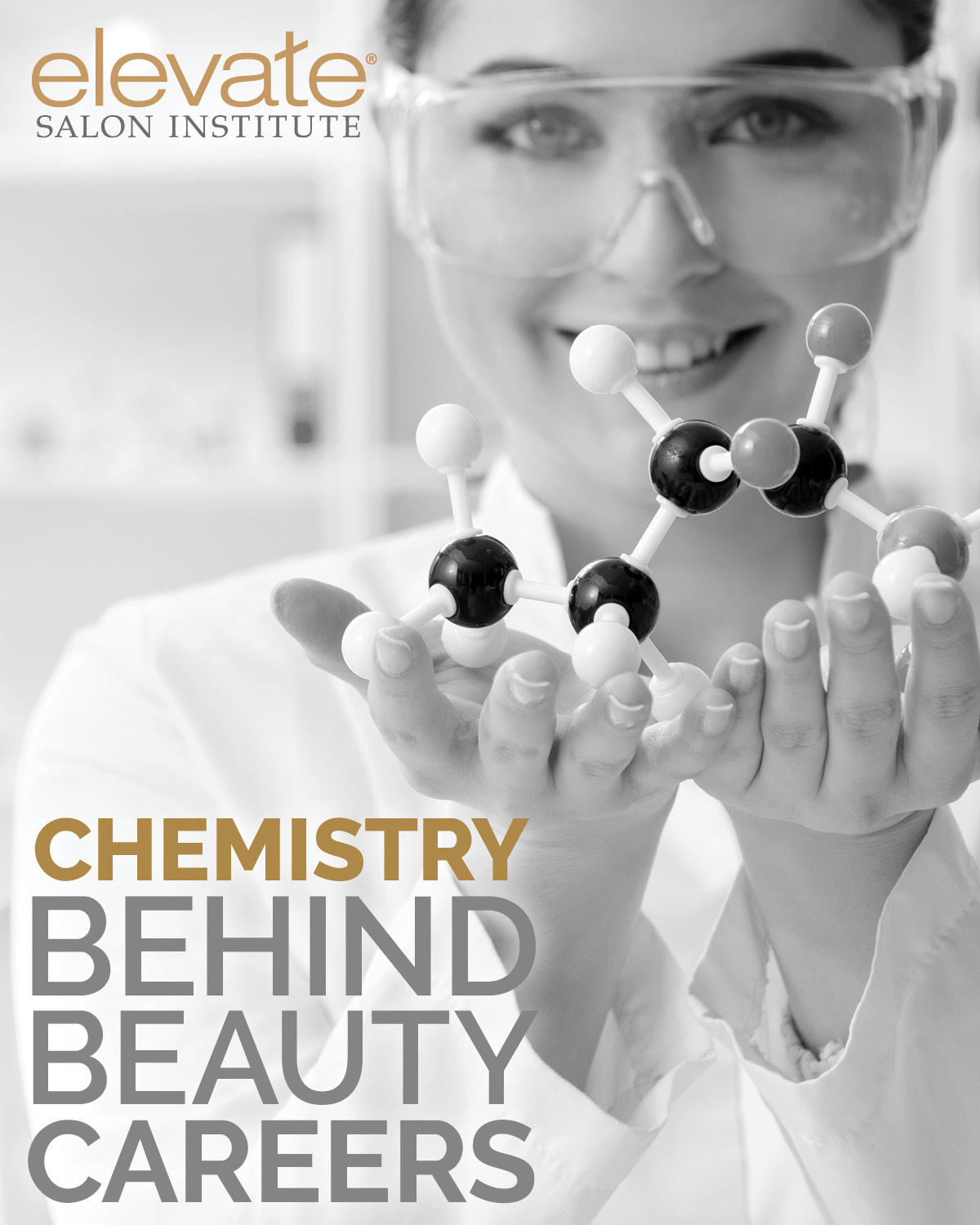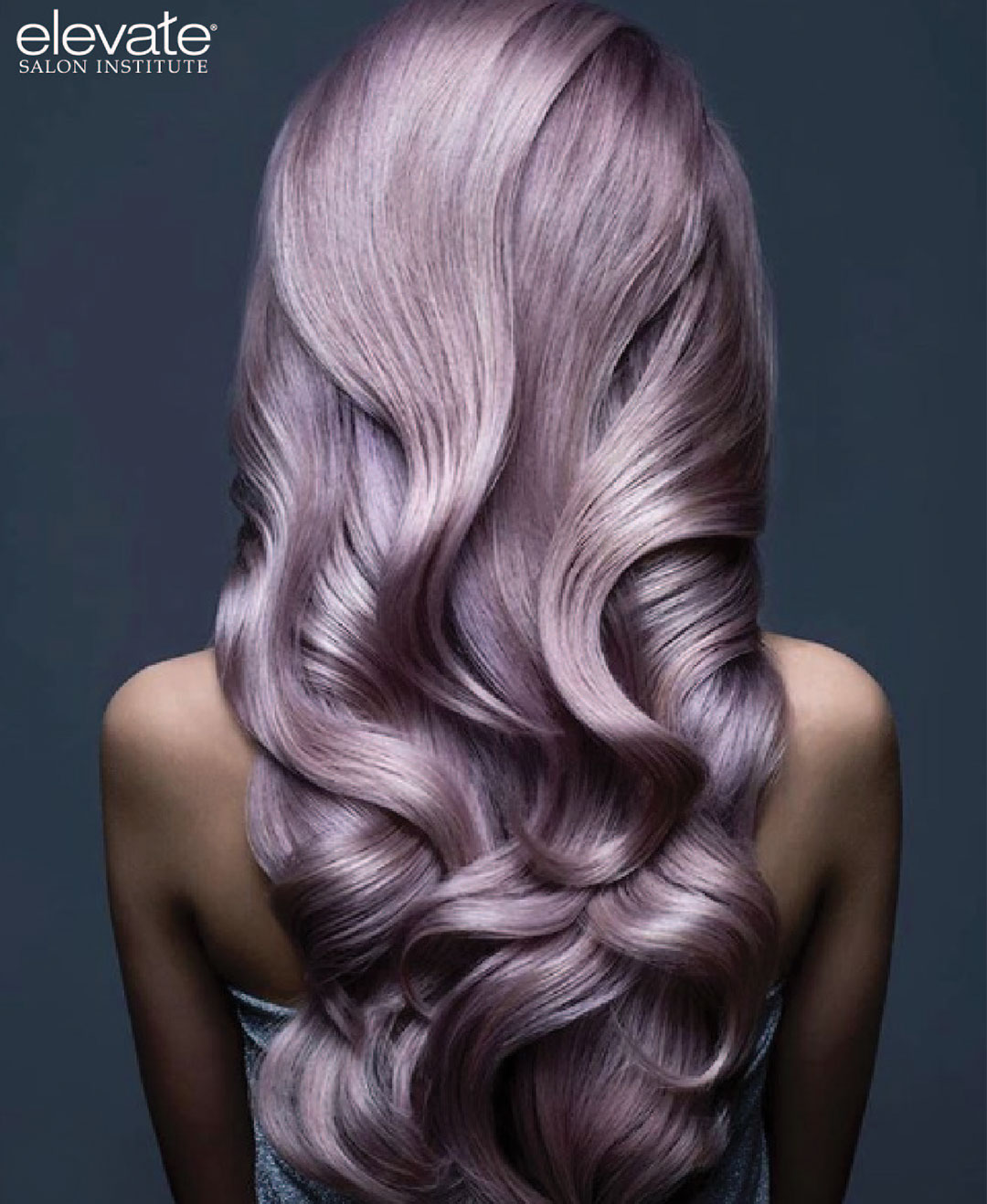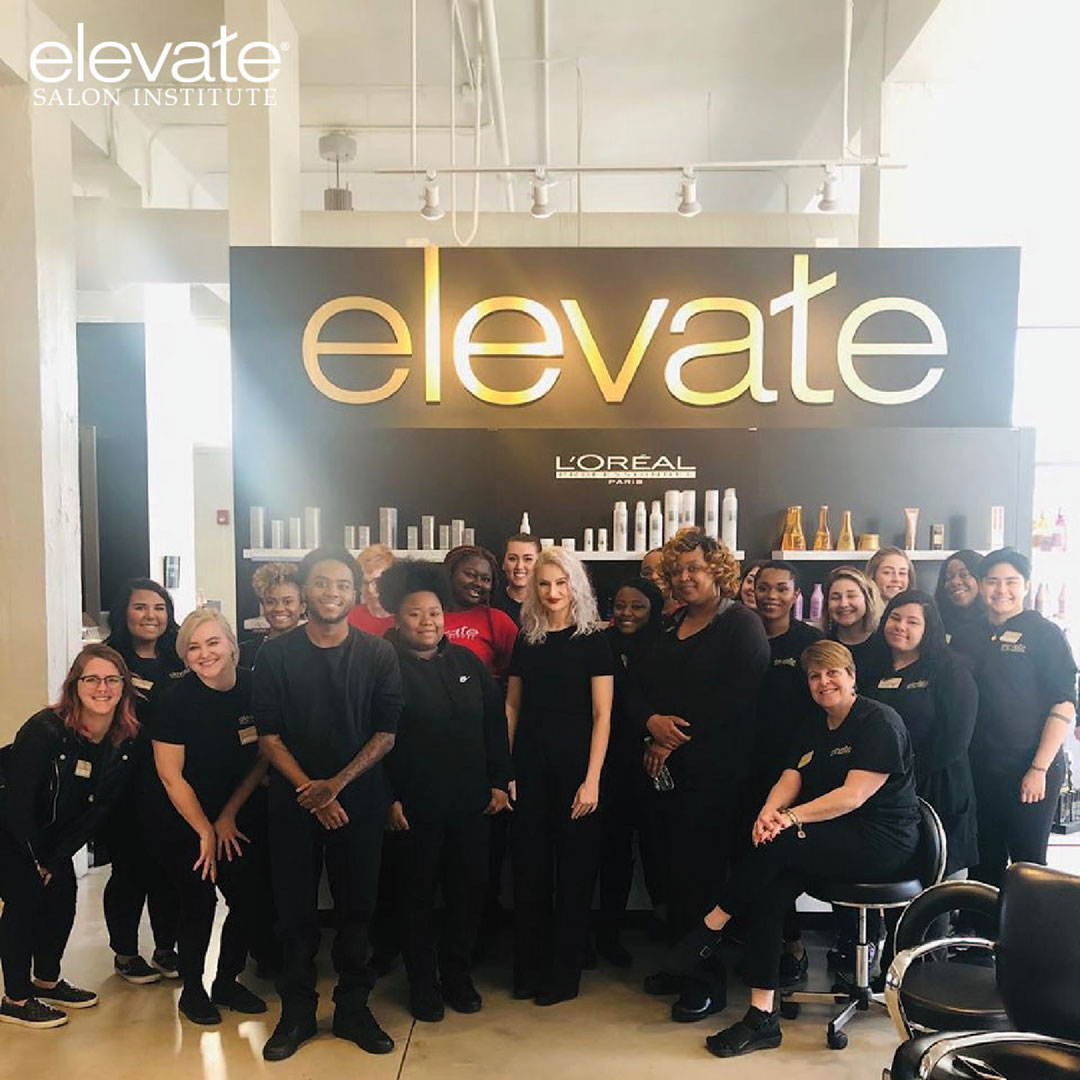Request Info (ESI) in Miami Beach
Book a Tour (ESI) in Miami Beach
The Surprising Chemistry Behind Beauty Careers
Beauty: Not Your Average Chemistry Set
According to national statistics, beauty careers are growing fast. The Bureau of Labor Statistics predicts 119,800 new beautician jobs will open in the next year.
But some stylists get stuck making low salaries and never manage to progress. How do you make yours the career of your dreams? To set yourself up for success, you need to think bigger than basic hair-and-makeup skills.
In fact, some beauticians launch six-figure careers with a surprising knowledge base: biochemistry. Read on to learn how to jumpstart a high-end beauty career—and discover what biochemistry has to do with it!
What is Required to Start a Beauty Career?
You’ll need different kinds of knowledge depending on what type of beauty career you are looking for. Certain popular makeup artists, particularly on YouTube, learned their skills independently. But many beauty careers require formal education.
Clinical estheticians, cosmetic chemists, and beauty product inventors often have advanced post-secondary degrees. Other beauty careers benefit from professional training, even if it’s not legally mandatory.
What Does Biochemistry Have to Do With a Beauty Career?
Biochemistry is a branch of science that studies the chemistry of living things. This can include humans. Discoveries at the molecular level can fuel incredible innovation.
This, in turn, leads to the invention of great beauty products. Biochemical insights also inform application techniques and safety practices in the field. Here’s how biochemistry positively impacts different beauty careers.
Cosmetic Chemists
A cosmetic chemist develops formulas for skincare, haircare, and makeup products. They’re akin to chefs; they develop “recipes” for products.
One famous cosmetic chemist is Andy Gilreath from L’Oréal Labs. She got her degree in chemistry at Penn State. When she talks about her work, she enjoys the puzzle-solving elements of her job. How do you create an oxygenating face mask that doesn’t disappear too quickly? How do you create a brow pen that enables precise contouring, but still applies smoothly?
You, too, can solve these puzzles. But you must know the chemical properties of different compounds. Every beauty product company hires cosmetic chemists to develop and test products.
Synthesis Engineers (Nail Professional Edition)
Synthesis engineers are also called materials scientists. They might also have a more specific title, like polymer scientist, depending on what they do.
In the beauty market, synthesis engineers use biochemistry to create new manicure products. Recently, Nails Magazine broke down the chemistry of acrylic nail polish. When you understand the properties of different polymers, you create better nail products. Want to become a professional nail technician? Learn more about our nail tech program located in Miami Beach.
Medical or Clinical Estheticians
Medical estheticians are skincare professionals. They primarily see clients who are dermatology patients. They may even work in a dermatologist’s office.
Unlike other estheticians, clinical estheticians must understand the biochemistry that underlies:
- Psoriasis
- Acne
- Scars
- Eczema
- Other skin conditions
A medical esthetician applies treatments for these conditions. They also make recommendations that may improve patient prognosis. Most states set educational requirements for clinical estheticians that mandate some biochemistry classes.
How to Start a Beauty Career Today
Ready to jumpstart your beauty career with a Miami Beach Esthetics School education? Deciding among beauty careers means considering:
- How much formal education do you want to pursue?
- Are you more of a scientist or an artist?
- What type of clients do you want to work with?
At Elevate Salon Institute, our advisers can help you sort through the possibilities. Contact us today, and learn about what we offer, available scholarships, and how to book a tour of the campus. You can even apply online right away.


